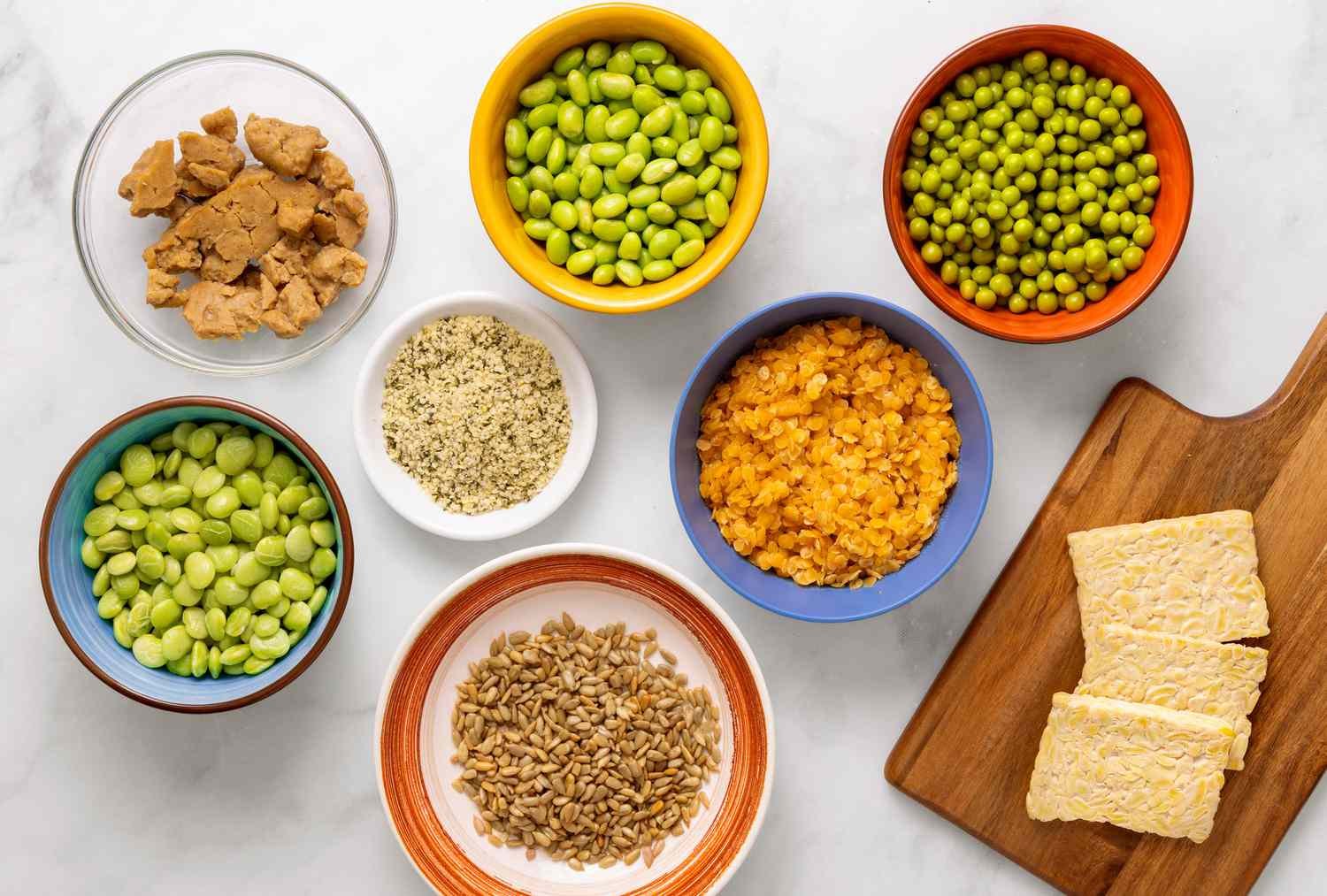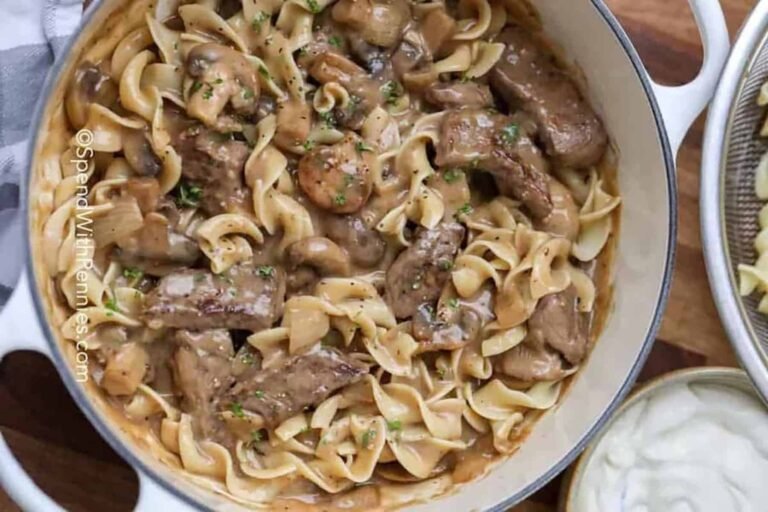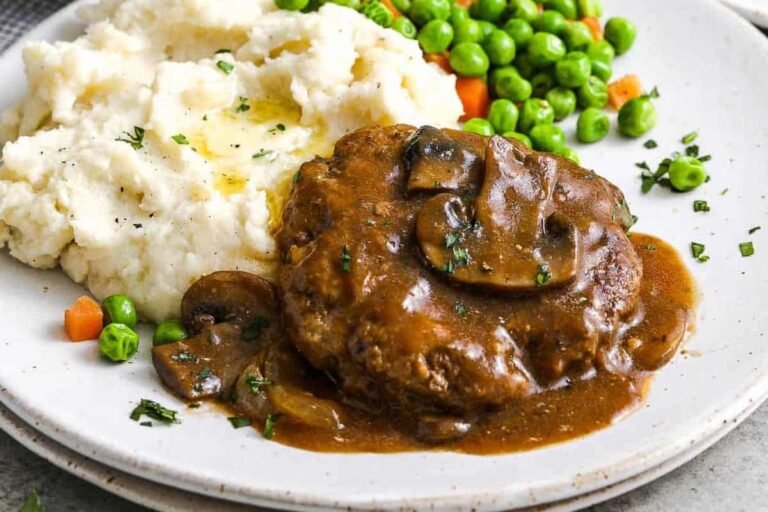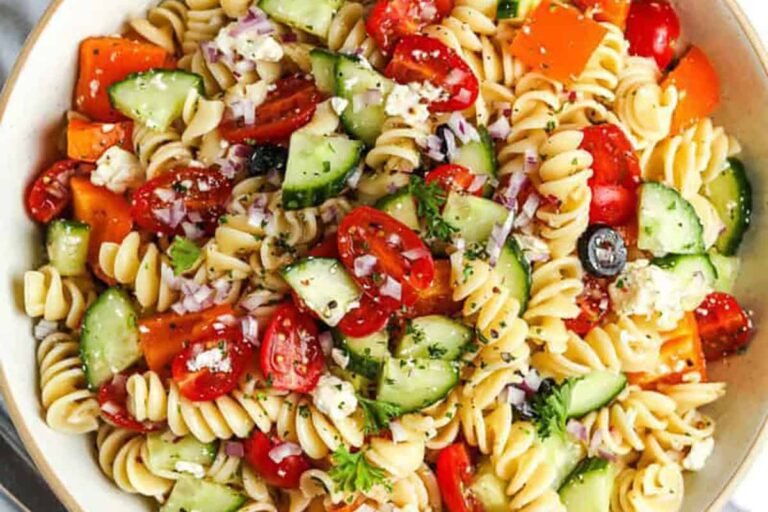As an Amazon Associate, I earn from qualifying purchases.
:max_bytes(150000):strip_icc():format(jpeg)/EWL-plant-based-foods-with-more-protein-than-an-egg-8424134-hero-3x2-42d27feb38e94570a6e5203bb0e4e666.jpg)
Key Takeaways
- Foods like seitan, tempeh, hemp hearts and lima beans have as much or more protein than one large egg.
- Eating a plant-based diet has many benefits including reducing your risk of diabetes and cancer.
- Consuming a variety of plant-based foods can provide you with the essential amino acids your body needs.
—Key Takeaways
Eggs are a popular protein source, and it’s easy to see why. They can be added to so many dishes and are a versatile ingredient in cooking. Each large egg provides 6 grams of protein, according to the USDA, making it a good way to include more protein in your diet. But if you are looking for other sources of protein—particularly ones that are plant-based—you have a lot of great options, and we’re here to tell you all about them.
What’s more, eating more plant-based proteins is a worthy goal. After all, the benefits of a plant-based diet are numerous, including reducing your risk of diabetes, lowering inflammation and decreasing your cancer risk.
To help you on this journey, we’ve put together a list of our top nine plant-based foods that pack more protein than an egg. In addition to protein, they also have fiber and numerous vitamins and minerals that deliver some great health benefits. Read on to learn which ones made our list.
1. Seitan
Abbey Littlejohn
Seitan, also known as vital wheat gluten, claims our top spot as a plant-based food that has more protein than an egg, providing 17 grams of protein for every 2-ounce serving, according to the USDA.
This filling and chewy plant-based protein is traditionally made by kneading wheat-flour dough and washing off the starch. You can also use the gluten flour to make Homemade Seitan with your choice of herbs, spices, seasonings or broth.
What is great about making your own seitan is that you can shape it to your liking. Shred seitan into strips or crumbles and add them to tacos, curries and salads. Or cut the seitan into pieces resembling steaks, nuggets or chicken-like pieces.
2. Tempeh
Abbey Littlejohn
If you are a fan of tofu but would like to try something different, opt for tempeh, a firmer and nuttier food made from naturally fermented soybeans. Like tofu, tempeh is a complete plant-based protein with all the essential amino acids, offering 17 grams of protein per half-cup serving, per the USDA.
Boost the protein content of salads, bowls, stir-fries and tacos with tempeh, or thread tempeh pieces on a stick for grilled skewers.
3. Lentils
Abbey Littlejohn
Lentils are tiny, round legumes that come in an array of colors—red, yellow, black, brown and green. Don’t underestimate their nutritional benefits based on their small size. Lentils are a filling plant-based protein, with 18 grams of protein per cooked cup, according to the USDA.
Lentils are also full of fiber, and they’re a low-glycemic-index food, which could help promote optimal blood sugar control. Regularly eating foods rich in fiber, such as lentils, could also promote digestive regularity, heart health and overall health.
4. Hemp Hearts
Abbey Littlejohn
Hemp hearts, aka hulled hemp seeds, are seeds from the nonmedicinal hemp plant, Cannabis sativa L. (hemp plants contain less than 0.3% of the psychoactive compound THC).
You may be surprised to know that these tiny cream- and green-colored specks are protein-packed, as 3 tablespoons contain 9 grams of protein, per the USDA. Not only that, hemp hearts are an excellent source of magnesium, essential for immune, muscle and nerve health, and they are a rich source of zinc, which is important for wound healing and blood clotting.
Add hemp hearts to your culinary creations for extra nuttiness and texture. You can also sprinkle hemp hearts on yogurt or oatmeal, add them to smoothies, toss them in salads and mix them into energy bites.
5. Edamame
Abbey Littlejohn
Edamame are the green baby soybeans you see in the frozen aisle of grocery stores. Sold in pods or shelled, edamame are an excellent plant-based protein option, offering close to 10 grams of protein per half-cup serving, according to the USDA.
What also makes edamame unique among the various plant-based protein options is their potential ability to lower LDL “bad” cholesterol, according to a meta-analysis of 46 controlled trials on soy protein published in The Journal of Nutrition.
Edamame are incredibly versatile. Enjoy them in a variety of recipes: Add them to a noodle dish or stir-fries, or steam them and add a dash of salt for a snack.
6. Green Peas
Abbey Littlejohn
Green peas are indeed one of the top contenders for plant-based protein sources, offering more than 8 grams of protein per 1-cup serving, according to the USDA. A cup of peas also provides 9 grams of fiber, which promotes satiety, digestive and heart health.
Versatile green peas pair well with various ingredients in soups, casseroles, pasta and rice dishes—and they can be enjoyed year-round since you can buy them fresh and frozen at the grocery store.
7. Sunflower Seeds
Abbey Littlejohn
Sunflower seed kernels are abundant in protein (7 grams per ¼ cup shelled, notes the USDA), healthy monounsaturated fats and fiber. That nutrient combo keeps you full longer.
The kernels alone are ideal for snacking, but they also lend themselves well to savory and sweet dishes. Sprinkle a heaping spoonful or two of the kernels to make your own Super-Seed Snack Bars or add to salads like our Broccoli Salad with Bacon. You can also sprinkle the seeds atop yogurt and oatmeal for nuttiness and an extra crunch.
8. Lima Beans
Abbey Littlejohn
Lima beans are another excellent protein alternative to eggs, offering 7 grams of protein per half-cup of cooked beans. Like other types of legumes, lima beans are full of fiber to promote fullness and keep your blood sugar levels in check.
Shockingly, raw lima beans can be deadly, but cooking the raw beans for at least 10 minutes eliminates this risk.
Enjoy the cooked beans as a side dish or add them to toasts or salads, like our Orange-Mint Freekeh Salad with Lima Beans. Cooked lima beans also add a layer of flavor and texture to pasta, stews, curries, dips and spreads.
The Bottom Line
Eggs are a popular protein source, but there are plenty of great plant-based options with even more protein, including edamame, sunflower kernels and tempeh. One note: Tempeh and edamame are the only complete proteins in the list, meaning they have all the essential amino acids that the body cannot make on their own.
Since not all plant-based foods on this list are complete proteins, it’s important to eat a variety of whole grains, vegetables, legumes, nuts and seeds every day in order to get the essential amino acids your body needs. That’s especially true if you follow a vegetarian or a vegan-based meal pattern.
https://www.eatingwell.com/plant-based-foods-with-more-protein-than-an-egg-11725815
https://www.eatingwell.com/thmb/k3z6l4CDMJW4Xl1Pf458aLyTy04=/1500×0/filters:no_upscale():max_bytes(150000):strip_icc()/EWL-plant-based-foods-with-more-protein-than-an-egg-8424134-hero-3×2-42d27feb38e94570a6e5203bb0e4e666.jpg
Special Diets,Vegetarian Diet Center,High-Protein Diet
#PlantBased #Foods #Protein #Egg
Check out this PAGE – https://www.eatingwell.com/plant-based-foods-with-more-protein-than-an-egg-11725815
Check out this Page Travel Package discount Must haves – Source2
Disclaimer: As an Amazon Associate, I earn from qualifying purchases; I may earn a commission from qualifying purchases as an affiliate. Please note that I only recommend products I believe will provide value to my readers.




